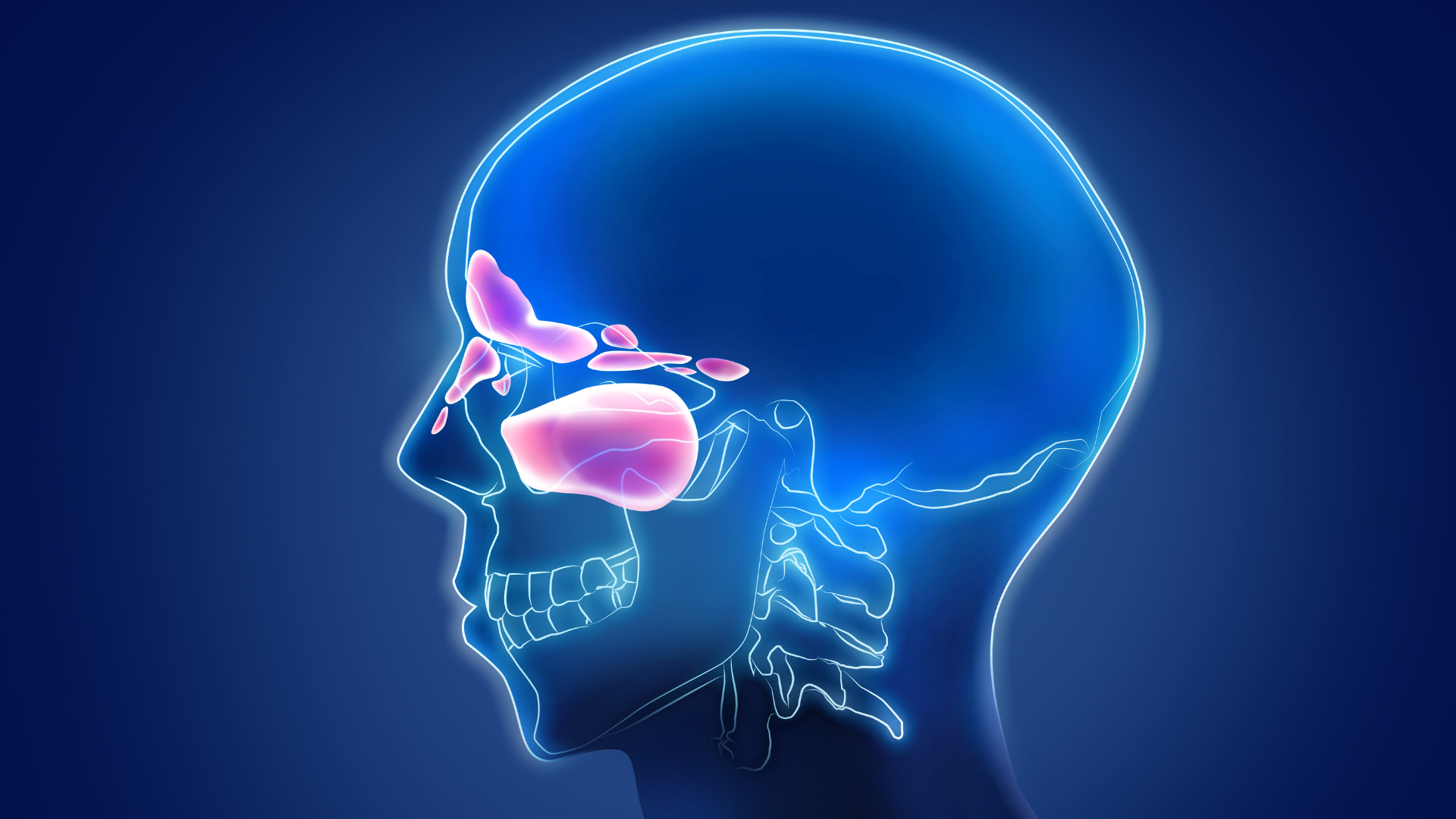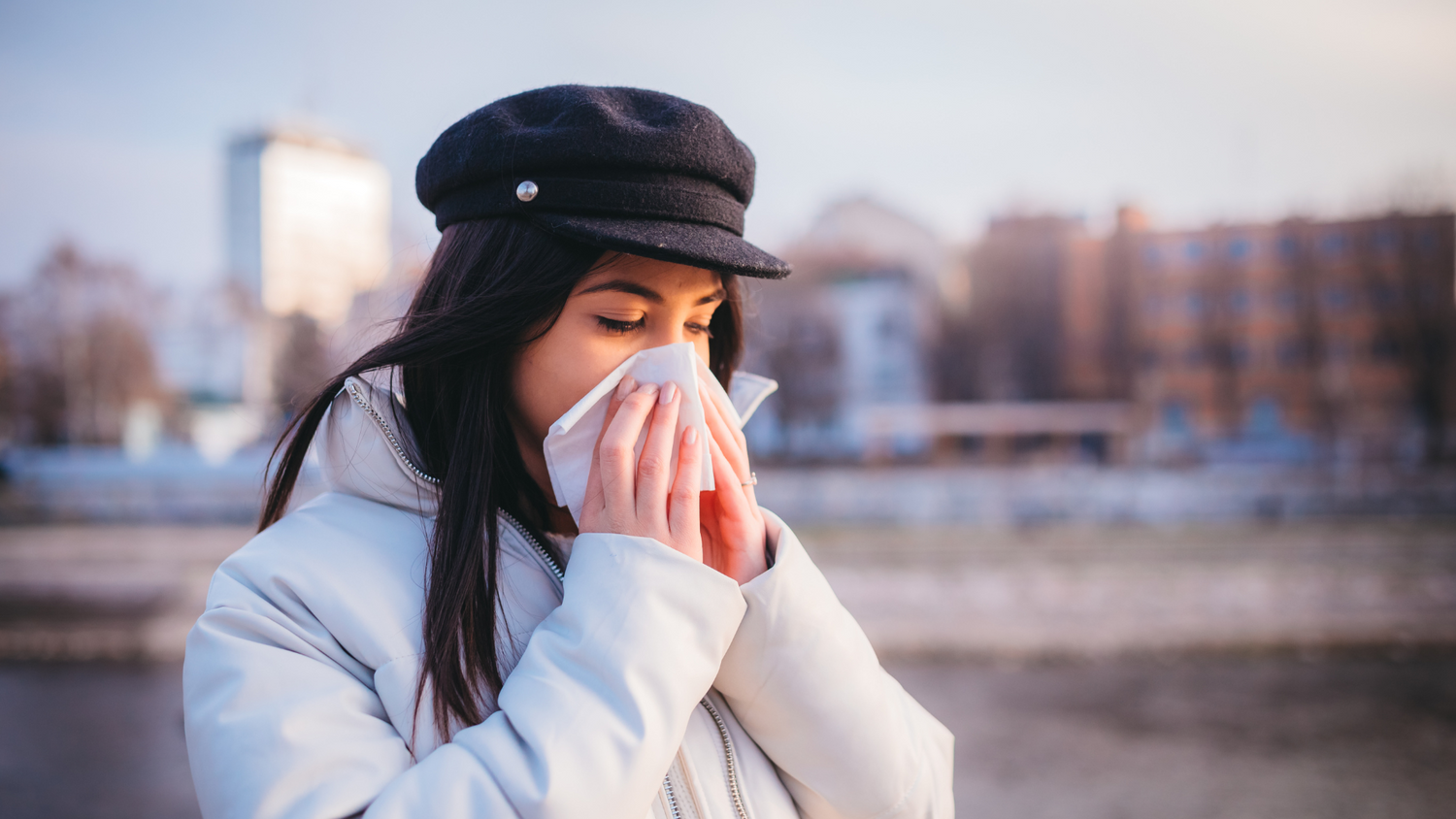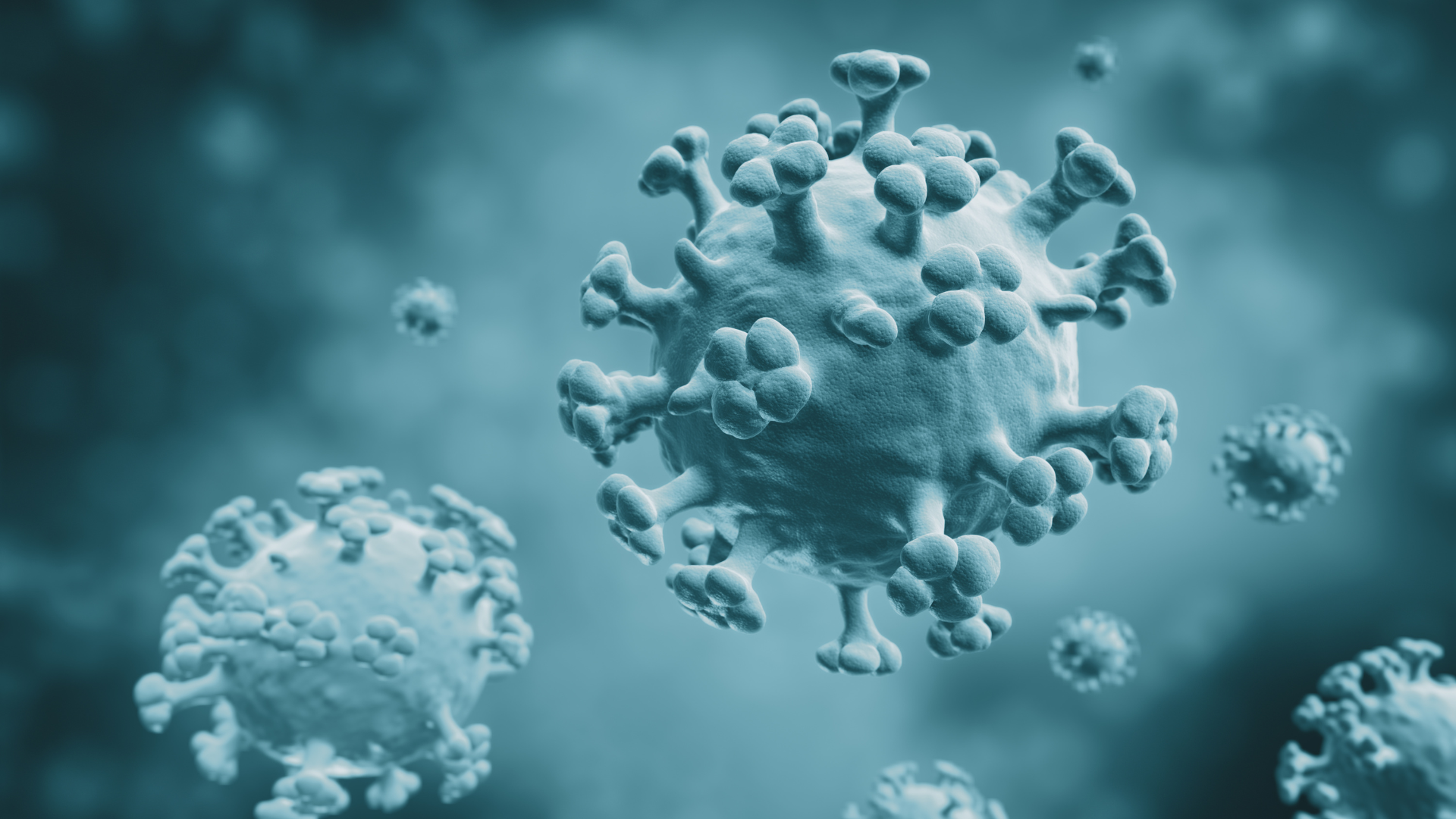
Cold & Sinusitis
I'm not a doctor, but I can provide some general advice on how to manage cold and sinusitis symptoms. If you're experiencing these conditions, here’s what might help:

Common Cold:
The common cold is usually caused by a virus and can include symptoms like a runny nose, sore throat, cough, congestion, and mild fatigue. Here's what you can do:
- Rest: Your body needs energy to fight off the virus, so get plenty of rest.
- Hydration: Drink fluids such as water, herbal teas, and broth to stay hydrated and help loosen mucus.
- Saline Nasal Spray: This can help clear out nasal passages and relieve congestion.
- Over-the-Counter Medications: You may find relief with decongestants, pain relievers (like acetaminophen or ibuprofen), or antihistamines for a runny nose. Always follow the recommended dosages and talk to a doctor if you're unsure about what to take.

Sinusitis:
Sinusitis (or a sinus infection) can occur when the sinuses become inflamed, often due to a cold or allergies. Symptoms include sinus pressure, headache, nasal congestion, thick nasal discharge, and sometimes fever. Here are some ways to manage it:
- Warm Compress: Applying a warm compress over your sinuses (on your forehead and nose) can help relieve pain and pressure.
- Steam Inhalation: Breathing in steam from a bowl of hot water or in a hot shower may help ease sinus congestion.
- Saline Irrigation: Using a saline rinse (like a Neti pot) can help clear out mucus and allergens from your sinuses.
- Hydration: Drinking plenty of fluids will keep mucus thin and easier to clear.
- Over-the-Counter Medications: You can use decongestants or nasal steroids (if recommended by a healthcare provider) to reduce inflammation.
- Antibiotics: If sinusitis is caused by a bacterial infection (and not a virus), antibiotics might be prescribed by a doctor, but this is something only a healthcare provider can determine.
When to See a Doctor:
- If your symptoms worsen or last longer than 10 days.
- If you have a high fever or severe pain in your face or head.
- If you notice green or yellow mucus that doesn’t improve with over-the-counter treatments.
- If you experience symptoms like severe fatigue, nausea, or vomiting.
If you're feeling unsure about your symptoms, it's always a good idea to consult with a healthcare provider to get an accurate diagnosis and the appropriate treatment plan.

Flu
The flu (influenza) is a contagious viral infection that affects the respiratory system. It can cause mild to severe illness, and in some cases, lead to serious complications. The flu is typically caused by the influenza virus and spreads easily from person to person through droplets when someone coughs, sneezes, or talks.
-
Common Symptoms of the Flu:
- Fever (often high, above 100.4°F or 38°C)
- Chills and body aches
- Fatigue (feeling extremely tired or weak)
- Sore throat
- Cough (often dry or non-productive)
- Runny or stuffy nose
- Headache
- Nausea, vomiting, or diarrhea (more common in children)
-
Flu vs. Common Cold:
- The flu tends to come on suddenly with more severe symptoms, while the common cold develops more gradually.
- Flu symptoms are typically more intense and can include fever, body aches, and extreme fatigue, whereas colds usually present with milder symptoms like congestion and a sore throat without a high fever.
Treatment
While the flu often resolves on its own within a week or two, treatment can help alleviate symptoms and reduce the risk of complications.
-
Antiviral Medications:
- Oseltamivir (Tamiflu) and Zanamivir (Relenza) are antivirals that can shorten the duration of the flu if taken within the first 48 hours of symptom onset. They may also help prevent complications, especially in people at high risk for severe illness (e.g., young children, elderly, pregnant women, or people with chronic conditions).
- Antivirals are not always necessary unless symptoms are severe or if you're in a high-risk group.
-
Rest and Hydration:
- Get plenty of rest to allow your body to recover.
- Drink fluids like water, herbal teas, or soups to stay hydrated and help loosen mucus.
- Avoid caffeine and alcohol, as they can dehydrate you.
-
Over-the-Counter Medications:
- Pain relievers like acetaminophen (Tylenol) or ibuprofen (Advil) can help reduce fever and alleviate body aches.
- Cough suppressants and decongestants may help with a cough or stuffy nose (though they don't cure the flu itself).
-
Home Remedies:
- Saline nasal sprays or a humidifier may help ease nasal congestion.
- Gargling with salt water can soothe a sore throat.
- Ginger teas can help calm a cough and provide comfort.

When to Seek Medical Attention:
- If you experience difficulty breathing, chest pain, or severe weakness.
- If you have a high fever (above 103°F or 39.4°C) that doesn’t subside with medication.
- If you have symptoms that worsen or don’t improve after several days, especially if you’re in a high-risk group.
- If you are pregnant, elderly, or have a chronic medical condition (e.g., asthma, heart disease, diabetes), seek medical attention early.

Prevention:
- Flu Vaccination: The best way to prevent the flu is by getting the flu vaccine each year. It helps reduce the likelihood of getting infected and can lessen the severity of illness if you do get sick.
- Good Hygiene: Wash your hands frequently, avoid touching your face, and cover your mouth and nose when coughing or sneezing.
- Stay Home: If you are sick, stay home to avoid spreading the flu to others, especially in the first 24-48 hours when you're most contagious.
When to Call Your Doctor:
- If you're at high risk (young children, elderly, pregnant, or immunocompromised), seek medical advice early.
- If you're having trouble breathing, have chest pain, or severe symptoms.
- If your symptoms don't improve after 3-5 days or worsen.
Flu can be serious, especially for certain individuals, so it’s important to monitor your symptoms and seek medical help if needed.
